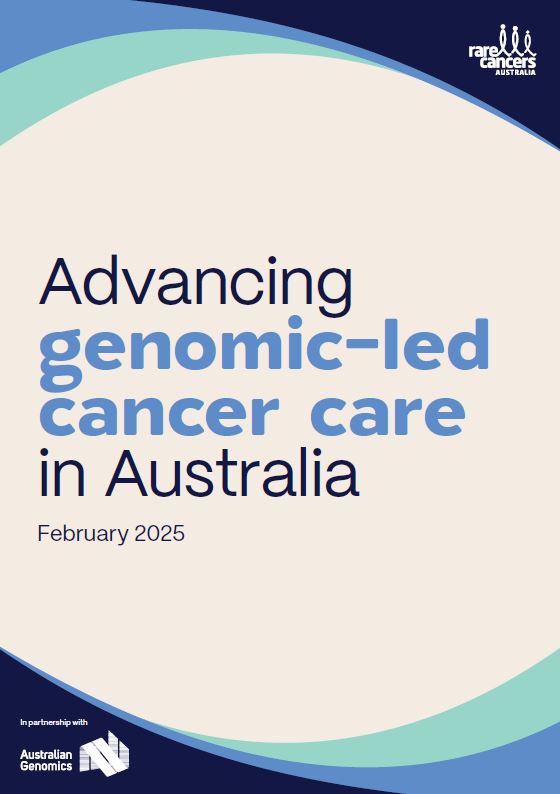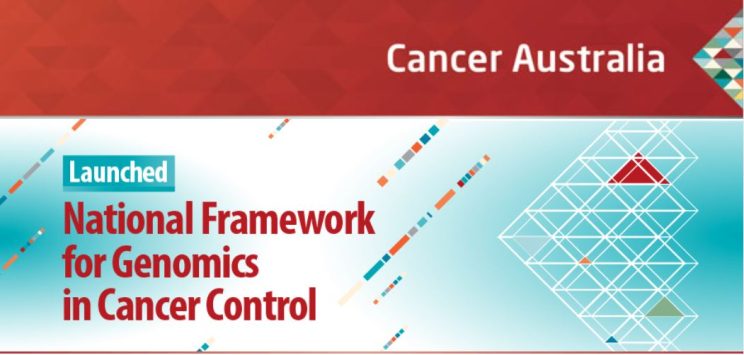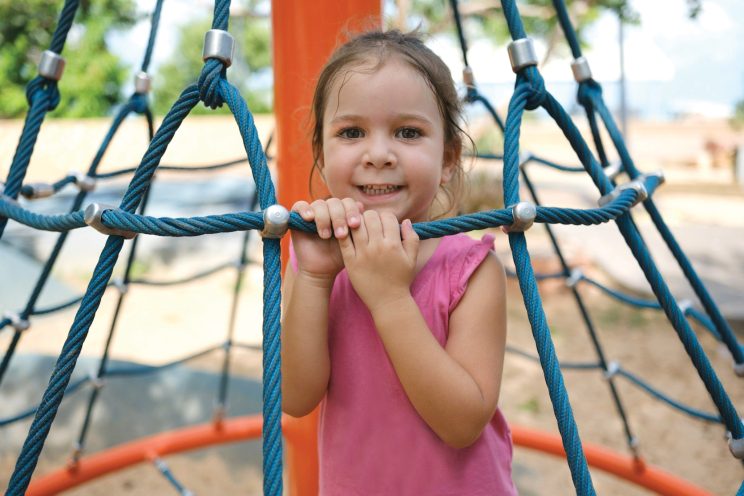
Rare Cancers Australia have released a summary report – Advancing Genomic-Led Cancer Care in Australia – from their Genomics Policy Roundtable Series, held in partnership with Australian Genomics at the end of 2024.
Cancer is the largest burden of disease in Australia, impacting individuals, families, and communities across physical, emotional, and financial dimensions. Rare Cancers Australia and Australian Genomics hosted a three-part Roundtable Series, brining together cancer care and genomics stakeholders to explore opportunities and challenges to advance genomics-led cancer care in Australia.
The consensus was that Australia has a unique opportunity to transform cancer care using genomics. You can read the full report here.
Lyfe Languages
Are you a clinician who wants to communicate with and assist your Aboriginal and Torres Strait Islander patients with various health domains? Lyfe Languages is an open-source on-line platform that translates medical terminologies into Indigenous languages. Lyfe Languages is led by young Indigenous Language Champions who work with their elders on translations. Culturally appropriate Indigenous text and audio translations are recorded and are accessible for health professional/clinicians to use with their patients via the platform.
Accurate and culturally appropriate language is critical to healthcare and innovation. Currently, there is a communication gap between health professionals and Indigenous Australians, which significantly impacts social and health outcomes.
The web applications features purpose-built rare disease section in collaboration with the Rare Disease Awareness Education Support and Training (RArEST) Project https://rarevoices.org.au/rarest-project/. This section includes resources for health professionals and people living with rare diseases and their families. Aboriginal and Torres Strait Islander people are one of the priority populations identified in the Australian Government’s National Strategic Action Plan for Rare Diseases (the Action Plan). The Action Plan is the first nationally coordinated effort to address rare disease in Australia.
The wen application also features a purpose-built pregnancy section in collaboration with Womens & Infants Research Foundation (WIRF) https://wirf.com.au/. The section includes resources such as preterm birth words, key pregnancy information and frequently asked questions during pregnancy. Preterm birth prevention is the leading cause of death and disability in children up to five in Australian, 1 in 12 babies are born premature; which increases to 1 in 6 for Aboriginal and Torres Strait Islander people.
The Lyfe Languages web app is a living resources, which mean new translations and resources will continue to be added to the platform over time.
Lyfe Languages has been supported by the Hanrine Foundation and the Stan Perron Charitable Foundation.
View the Lyfe Languages web app overview, or login now.


In February 2025, Cancer Australia launched the National Framework for Genomics in Cancer Control, marking a significant step toward improved cancer outcomes through personalised cancer care. The development of the Framework was informed by extensive public consultation, including a focus on Aboriginal and Torres Strait Islander communities, and a rigorous review of national and international evidence.
The Framework aims to support people affected by cancer to benefit from cancer genomic testing and genomic-guided treatment and care. It will assist health professionals, researchers, health services and policymakers to incorporate genomics within optimal care, in a way that is consistent, safe, high-quality, evidence-based, and culturally appropriate.
The Framework’s vision is for genomics to be integrated into clinical practice as the standard of care, ensuring cultural safety and accessibility across the cancer care continuum, improving equity in cancer care and outcomes for all Australians.
You can access the Framework here.
Rare Voices Australia, through extensive consultation, have developed the “Rare Disease Resources for Priority Populations” webpages. These include:
“Rare Disease Resources for the Aboriginal and Torres Strait Islander Community”
“Rare Disease Resources for the Multicultural Community“
“Rare Disease Resources for the Regional Rural and Remote Community“
If you are interested to understand how these resources were developed, you can see the “Developing the Rare Disease Resource Collection for Priority Populations” webinar.
Stay connected
We welcome you to join our network! We'll send you quarterly newsletters to let you know about our activities and how we are progressing!